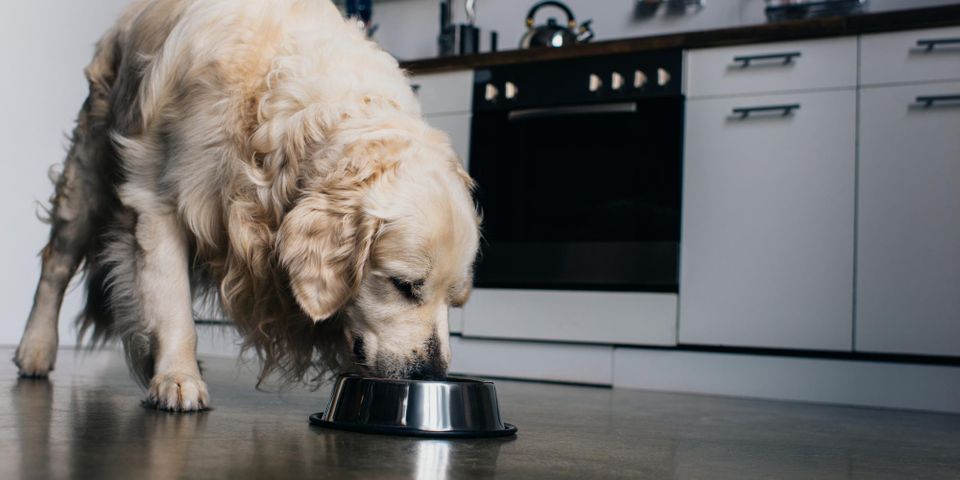
If you adhere to a vegan diet, you might want to extend that diet to all members of your home, even your dog. Vegan dog foods are available, but before you start your pup on a new diet, consider the benefits and risks to maximize optimal pet health and your dog’s safety. Before making any permanent changes, talk to your veterinarian about any pet dietary modifications you plan to make. Below, learn more about vegan diets for dogs and how you can safely navigate the process.
Vegan Diets for Your Dog
Your dog may be able to follow a vegan diet, but dietary considerations need to be made before making the shift. Vegan dog foods are a smart place to start when you’re redesigning your pup’s diet. Keep in mind that dogs, by nature, are carnivores, and they rely on nutrients in meats to thrive. When meat and meat by-products are removed from the diet, they need to make up the nutrition elsewhere. Talk to your veterinarian before switching to a vegan diet to make sure your dog gets the protein, minerals, fat, and vitamins it needs.
Risks of a Vegan Diet
 Changing your dog’s diet doesn’t come without risks. If you’re considering vegan food for your pup, weigh the risks to pet health to determine if they’re worth it. The biggest risk of a vegan diet is that your dog can better digest animal matter than plant matter, which means meat-based dog foods can be easier on their stomachs. They’re also packed with more fat and protein than plant-based foods, which is also important in a dog’s overall nutrition. Specifically, proteins like collagen, keratin, and elastin may be lacking in a dog’s vegan diet. To avoid malnutrition or an inadequate diet, talk to your vet about how to address any nutritional deficiencies with supplements.
Changing your dog’s diet doesn’t come without risks. If you’re considering vegan food for your pup, weigh the risks to pet health to determine if they’re worth it. The biggest risk of a vegan diet is that your dog can better digest animal matter than plant matter, which means meat-based dog foods can be easier on their stomachs. They’re also packed with more fat and protein than plant-based foods, which is also important in a dog’s overall nutrition. Specifically, proteins like collagen, keratin, and elastin may be lacking in a dog’s vegan diet. To avoid malnutrition or an inadequate diet, talk to your vet about how to address any nutritional deficiencies with supplements.
Tips for a Healthy Vegan Diet
After you’ve discussed pet health and nutrition with your vet, you can begin to implement a vegan diet. Carefully research vegan dog food options to identify those with high-quality and healthy ingredients that your pup needs to thrive.
You should wait to start a vegan diet until your pup is full grown. Puppies need the added protein and fat to grow. Choose foods with protein-rich ingredients like vegetables, legumes, and whole grains. Keep in mind that these protein sources can provide lower levels of protein than meat.
You should schedule semi-regular appointments with a veterinary nutritionist to confirm that you have designed a vegan diet that’s right for your dog’s nutritional needs.
If you want to discuss pet health and your dog’s diet, visit Hilton Veterinary Hospital in Hilton, New York. For more than 25 years, residents of Monroe County have trusted this office to care for their pets. The office offers a variety of services, including wellness checks, vaccinations, and nutrition counseling. To schedule an appointment, call (585) 392-2937, or visit the website to learn more about available services.
About the Business
Have a question? Ask the experts!
Send your question

